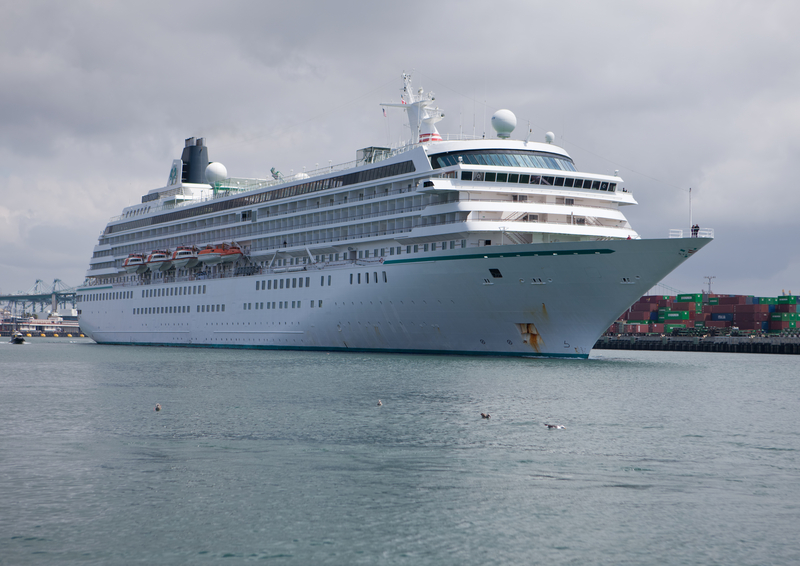LITMAS helps travel and tourism operators monitor their ventilation effectiveness and cleanliness of their environments and create plans to reduce risk. Successful monitoring can show measured reduction in risks to the health of visitors and staff and improved conditions to increase enjoyment of a journey or trip.
Commuters and tourists share a confined space and touch the same surfaces, whilst controlling climate and humidity can be very challenging, leading to microbial contamination of the air conditioning system and the transport vessel.
Wharf, bus depot, rail stations, cruise terminals are top areas of concern in the transport sector.
LITMAS can help you to monitor conditions where there may be problems caused from:
- Difficulty controlling internal environments without openable windows
- Risk of airborne and surface spread of infection through high touch items such as handrails
- Build-up of carbon dioxide causing headaches and tiredness and indicating increased infection risk
- Control of humidity from breathing and therefore mould prevention in response to air cooling in the transport vessel
- Infection spread due to close proximity to others
Transport vessels that may require monitoring include:
- Small passenger vehicles, such as taxis, limousines
- Buses
- Trains
- Aircraft – passenger and freight
- Marine vessels









